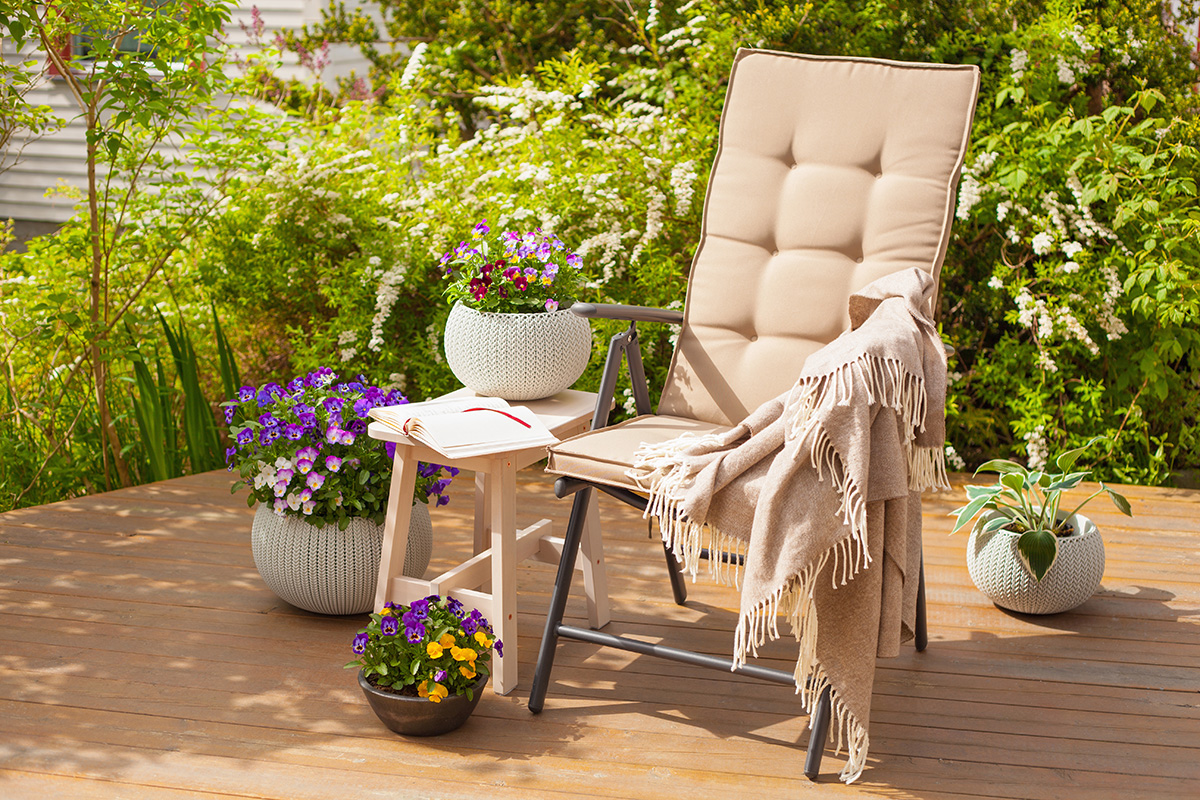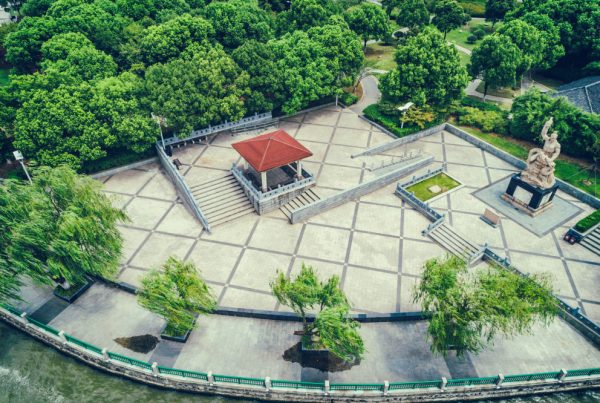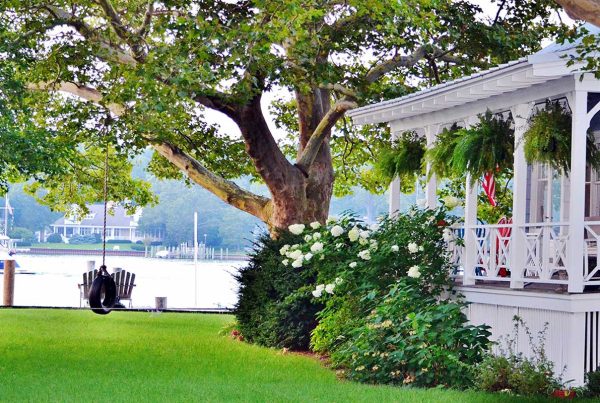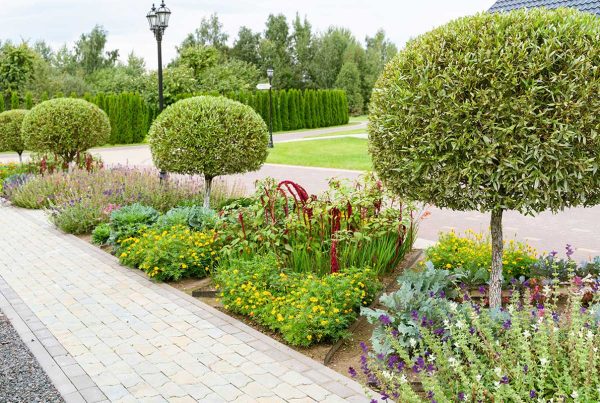Lebanon, with its diverse landscapes and rich cultural heritage, offers a captivating canvas for landscape designers to weave their creative visions. Ghena Zreik Lebanese landscape design is characterized by its ability to harmoniously blend the beauty of nature with artistic expression, resulting in mesmerizing outdoor spaces that evoke a sense of wonder and tranquility. This article explores the unique qualities of Lebanese landscape design, highlighting its integration of natural elements, cultural influences, and the transformative power it holds to connect people with their environment.
Embracing Nature’s Palette:
Lebanese landscape designers draw inspiration from the country’s stunning natural scenery, ranging from snow-capped mountains to azure coastlines. They skillfully incorporate the elements of nature into their designs, utilizing a diverse array of plant species, vibrant blooms, and lush foliage to create dynamic and visually captivating landscapes. Whether it’s a terraced garden on a mountainside or a coastal retreat adorned with palm trees and colorful blooms, Lebanese landscape design embraces the diversity of the natural world, infusing outdoor spaces with a tapestry of colors, textures, and scents.
Preserving Cultural Heritage:
Lebanon’s rich history and cultural heritage serve as a deep well of inspiration for landscape designers. They seamlessly integrate elements of Lebanese architecture, traditional motifs, and cultural symbols into their designs, creating spaces that pay homage to the country’s identity and heritage. From incorporating traditional stone walls and arches to using mosaic patterns and ornamental details reminiscent of ancient civilizations, Lebanese landscape design weaves a narrative that celebrates the past while embracing the present. These cultural elements add a layer of meaning and depth, transforming outdoor spaces into living expressions of Lebanese culture.
Creating Tranquil Retreats:
Lebanese landscape design places a strong emphasis on creating serene and tranquil retreats that provide respite from the stresses of daily life. Designers carefully craft spaces that invite contemplation, relaxation, and connection with nature. Secluded seating areas nestled amidst lush greenery, calming water features that create a soothing ambiance, and meandering pathways that encourage exploration—all contribute to the creation of a tranquil oasis. Lebanese landscapes are designed to engage the senses, allowing individuals to immerse themselves in the beauty of their surroundings and find solace in the embrace of nature.
Harmonizing Elements of Design:
Lebanese landscape designers possess a keen eye for harmonizing the various elements of design to create cohesive and visually striking compositions. They consider factors such as scale, proportion, balance, and symmetry to ensure that the design elements work together harmoniously. Whether it’s the arrangement of plants, the positioning of architectural features, or the integration of water and hardscape elements, Lebanese landscape design achieves a delicate equilibrium that exudes a sense of balance and beauty. This careful attention to detail results in landscapes that are not only aesthetically pleasing but also create a sense of harmony and serenity.
Environmental Sustainability:
Lebanese landscape design embraces sustainable practices, recognizing the importance of preserving the environment for future generations. Designers prioritize the use of native and drought-tolerant plant species, which thrive in Lebanon’s climate and require minimal water consumption. Additionally, they employ efficient irrigation systems, incorporate rainwater harvesting techniques, and utilize eco-friendly materials to minimize the environmental impact of their designs. By integrating sustainable practices, Lebanese landscape design demonstrates a deep respect for the natural environment, ensuring that outdoor spaces can thrive while preserving the delicate ecological balance.
Lebanese landscape design is a testament to the harmonious fusion of nature’s splendor and creative expression. It celebrates the beauty of Lebanon’s diverse landscapes, preserves its cultural heritage, and creates transformative outdoor spaces that inspire and uplift. From private gardens to public parks, Lebanese landscapes invite individuals to reconnect with nature, find solace in its embrace, and appreciate the profound connection between human beings and the environment. Lebanese landscape design serves as a reminder that nature and creativity can coexist in perfect harmony, leaving a lasting impression on all who experience its captivating beauty.






